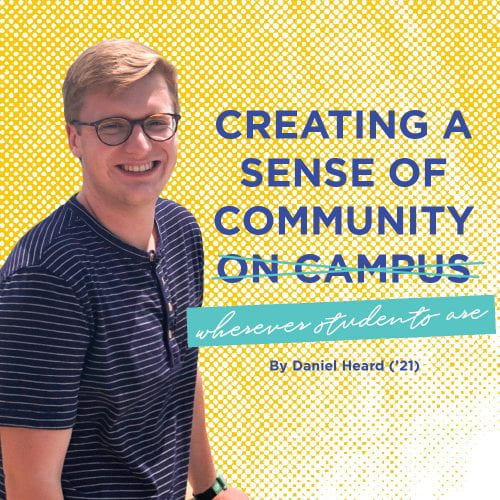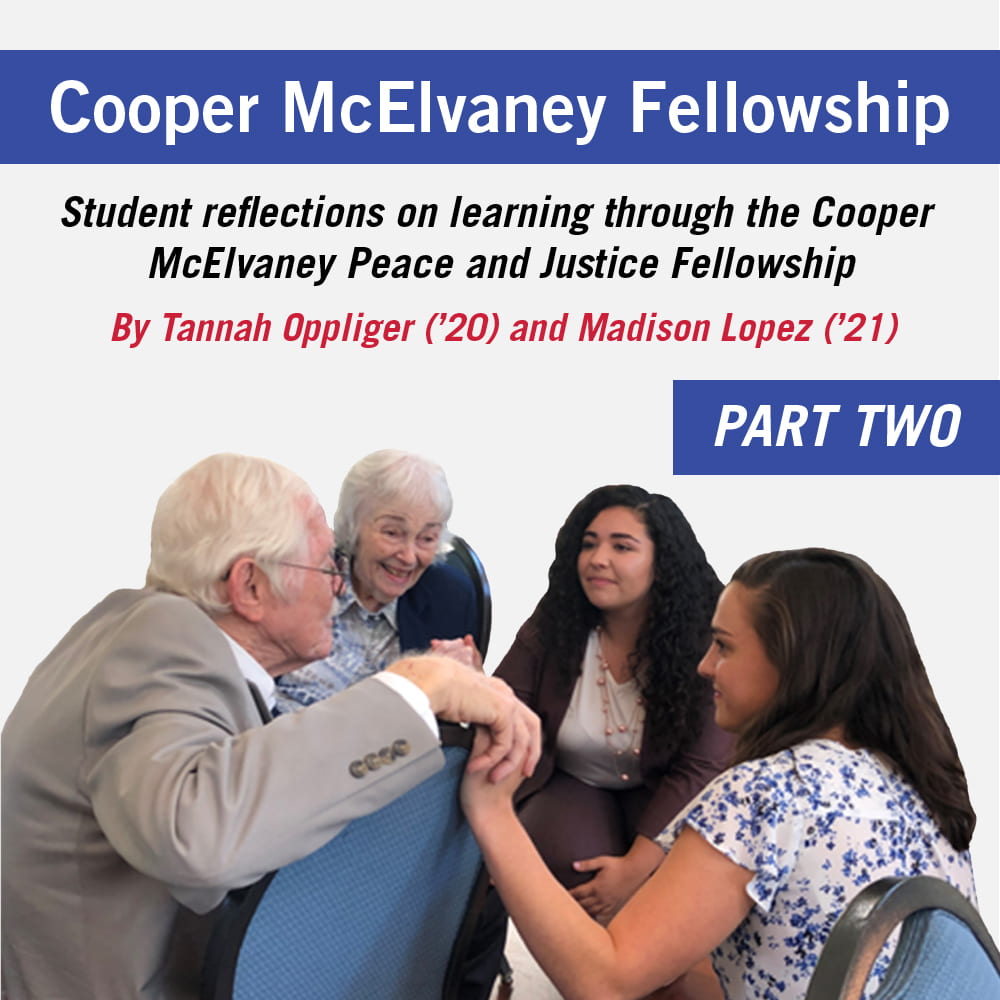On October 30th, 2020 the donors for the Cooper McElvaney Peace and Justice Fellowship and the larger SMU community hosted by the Office of the Chaplain and Religious Life gathered virtually to listen and learn about the experiences of the 2020-21 Cooper McElvaney Fellows. Rhonda Hodge (2020) and Nia Kamau (2022) spoke to the group about their respective summer experiences conducting social justice research on Black Christian communities navigating Covid-19 within their congregation and community (Hodge) and completing an internship serving as the primary correspondent and instructor for the Dallas Champions Academy (Kamau). Read more about these exceptional students’ insights and reflections regarding their fellowship experiences.
What ideas, beliefs, or values stand out as a result of your Cooper McElvaney Fellowship experience?
Nia: Service and justice work never stops. Even during a pandemic, the Cooper McElvaney Fellowship provided me an opportunity to continue advocating for equity and youth empowerment through CHAMP.
Rhonda: As a result of my Cooper McElvaney Peace and Justice Fellowship experience, I am encouraged and inspired by the richness, resilience, resourcefulness, and responsiveness of Black Christian Congregations in continuing to address the needs of their communities – even in the era of a global health pandemic. Clearly, it is not enough to only recognize problems, but to be change agents in providing solutions to past, present, and future issues.
What faith perspective informed your fellowship study?
N: Champ is all about empowerment, and I feel like our walk with Christ, as a Christian myself, is all about being empowered by God, and encouraging us to empower others to affirm other people and help them find their identity in Him, and help them fulfill their purpose in life. Empowerment really is the work of Christ and is a big part of what it means to be a follower.
R: Faith is the center of everything I do in my life. The Bible even talks about how our bodies are the temple, and if we don’t take care of our bodies, it’s really hard to take care of our spirit. I just believe that when we take care of our bodies, it is in line with taking care of our spirit.
What have you learned about yourself as a result of participating in this fellowship experience?
N: The Cooper McElvaney fellowship has given me an opportunity to connect even more with the faith community at SMU. Because of the Cooper McElvaney fellowship, I was able to work and do what I was passionate about and still be equipped with the resources to attend school. Also, the Cooper McElvaney fellowship has provided us with readings, [and] opportunities to really reflect on what it means to be a “justice warrior for Jesus,” and that has really challenged me in my beliefs and forced me to think deeper; I have enjoyed that experience.
R: [The fellowship] really helped me develop more agency, even though I was supposed to be in South Africa for a study abroad trip. This [fellowship] has helped in the way that I have looked at the overall picture of my education, and my ability to speak with authenticity, but also with authority in terms of social justice and human rights
What was your most rewarding moment during the summer?
N: My most rewarding experience during the summer was interacting with mentees and empowering them with the resources to maintain academic and spiritual health during the COVID19 pandemic. For many of our students, the summer quarantine was a time of isolation, loneliness, and loss. When they needed support, I was grateful that the CHAMP mentors and I could be there as resources and listening ears. I was also grateful for the opportunity to continue providing volunteer opportunities for SMU students committed to service despite COVID19 regulations.
R: Aside from receiving the news of being awarded the fellowship, my most rewarding moment was seeing the testing data, outreach programs, and my personal interviews come together to show the value of partnerships in service to God and others for the greater good of communities disproportionately affected by Covid-19.
How do you expect this experience will inform your decisions and direction going forward?
N: I think through discipleship. As someone who follows the Christian faith tradition, I know that discipleship is one of the commands that Christ gave us. Through Champ, we seek to really do that, not just through telling students that there is this guy Jesus who loves you very much, but to actually walk with them through the process of being a follower of Christ and having a transformed lifestyle and maturity.
R: This [fellowship] will give me a higher platform because I am able to literally go out into the community and do something that will outcast and outlive me. I will be able to present information on a current event, and hopefully encourage people to be a participant in their community, to take better care of themselves from a health perspective, to literally go out and vote as we think of who we are going to elect and who will be in favor of our healthcare, a real issue from a social justice and human rights perspective
The Cooper McElvaney Peace and Justice Fellowship aims to provide undergraduate and graduate students the opportunity to deepen their understanding of social justice work either through a Faith based organization or by delving into the religious dimensions of social justice. The fellows will have the opportunity to work closely with Sungman (Tyler) Kim in the Office of the Chaplain and Religious Life, in a summer long exploration of social justice through works of Rev. William B. McElvaney and constructive conversations.
To learn more about the Cooper McElvaney Faith and Justice Fellowship, and other initiatives in the Office of the Chaplain and Religious Life, please visit www.smu.edu/chaplain.
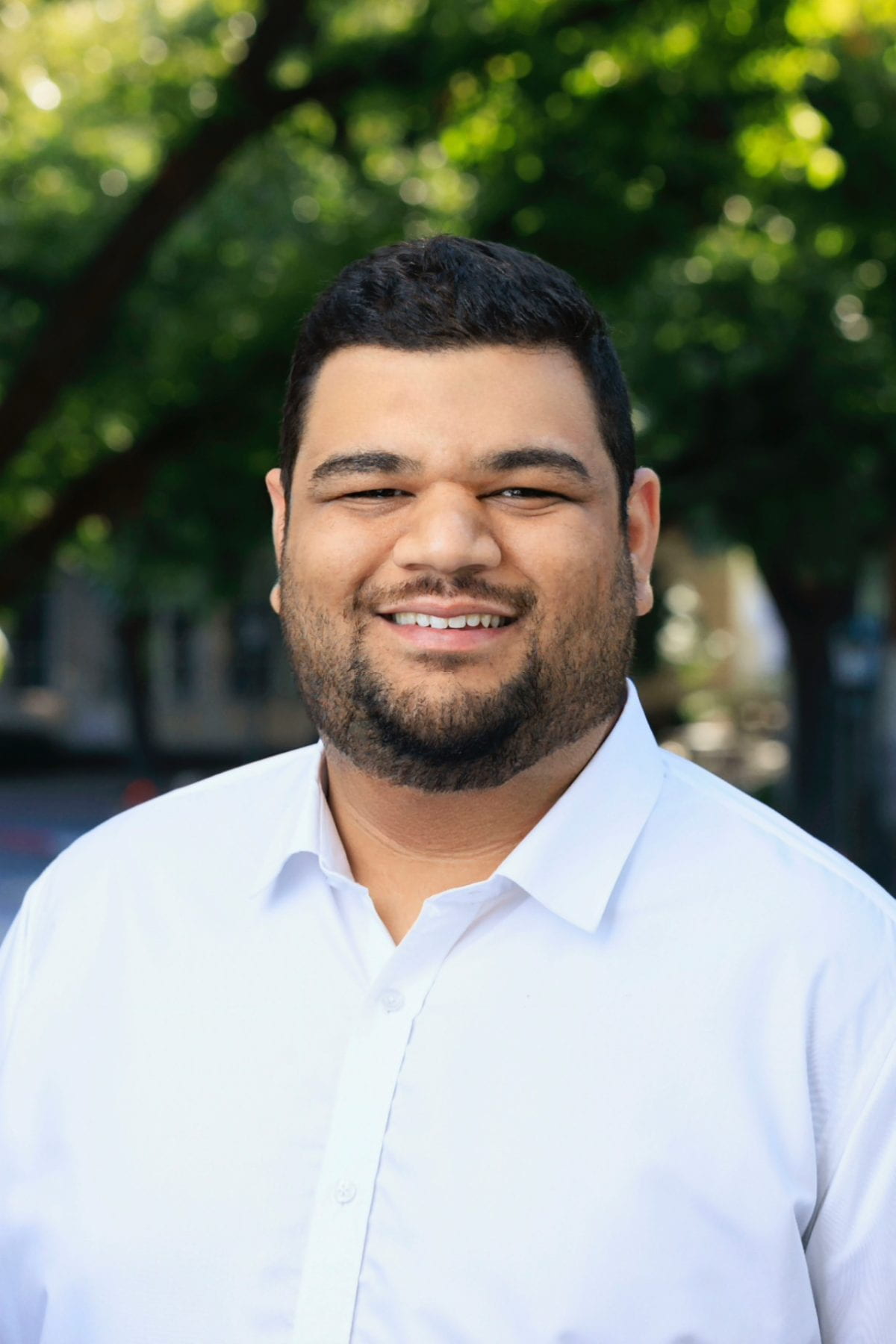
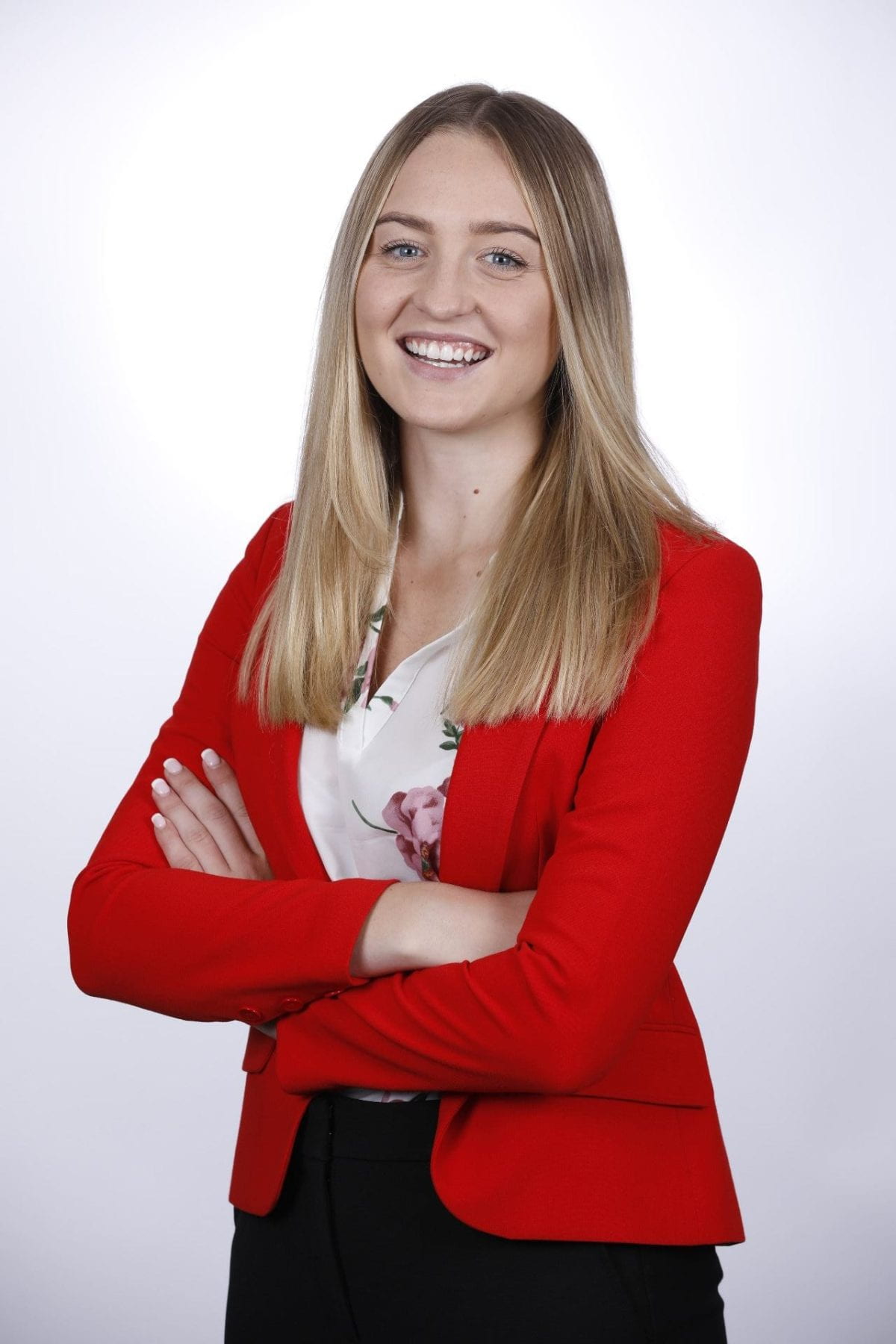



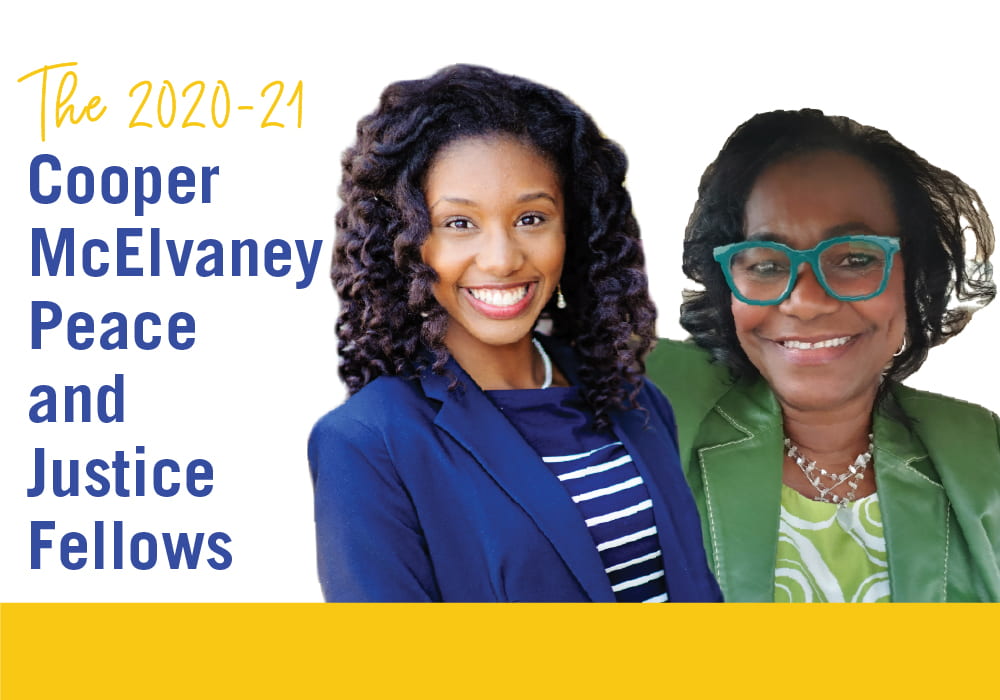
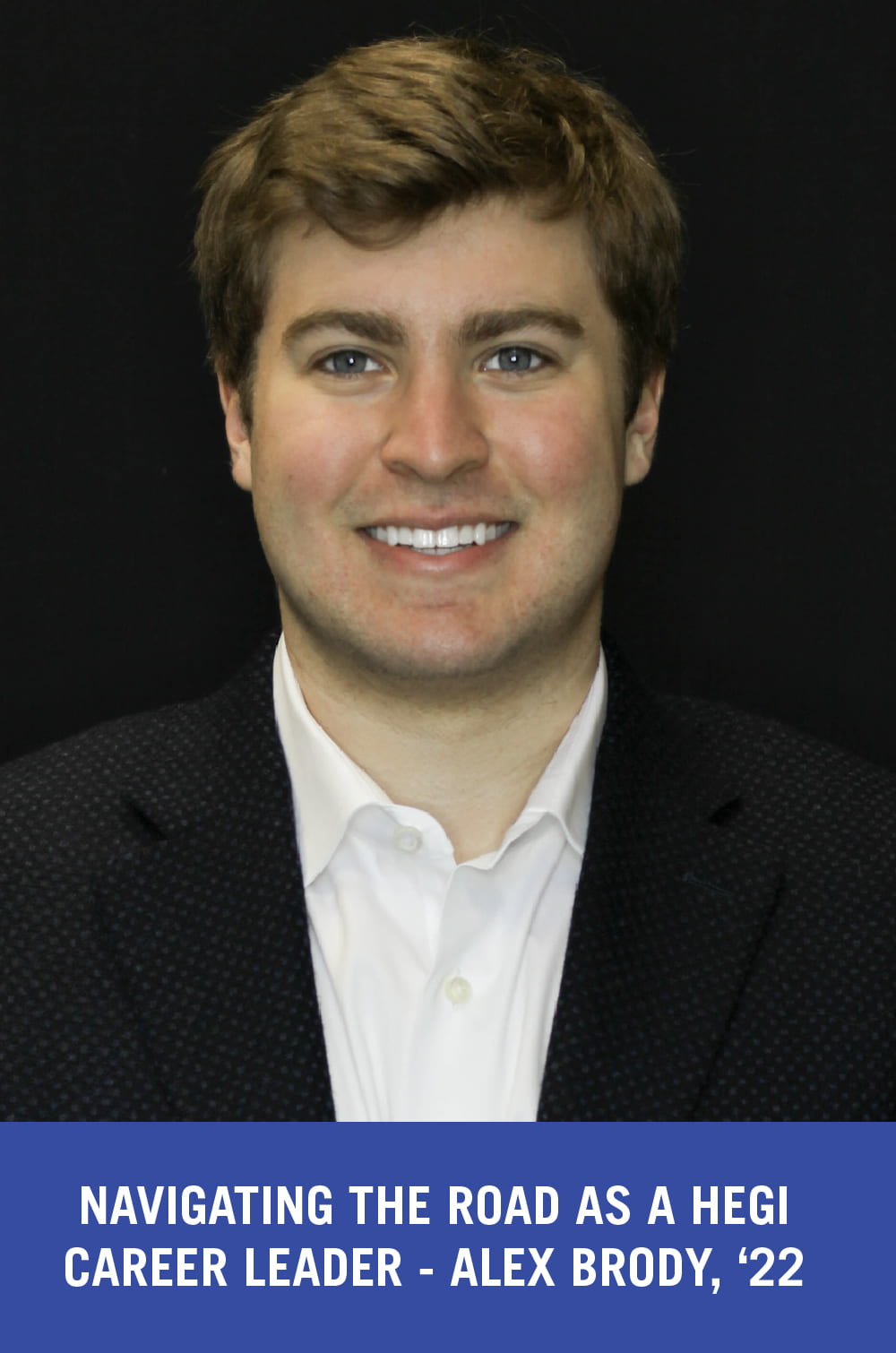
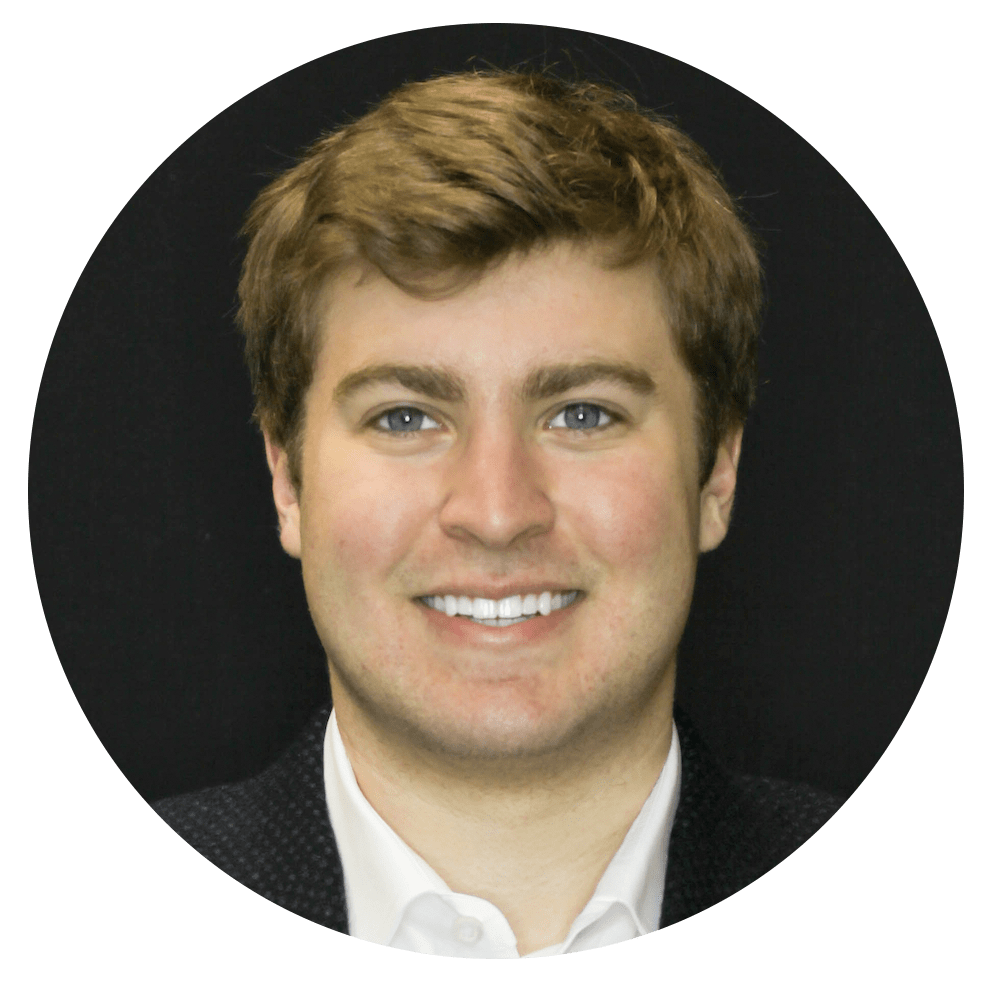 I will admit the beginning of my Hegi journey was not the smoothest… I had no concept of what a resume, cover letter, or even what an internship truly was. Entering into the Hegi Career Leaders Program, I was unsure of the level of commitment that was expected of me and signed up for multiple events of which I did not attend.
I will admit the beginning of my Hegi journey was not the smoothest… I had no concept of what a resume, cover letter, or even what an internship truly was. Entering into the Hegi Career Leaders Program, I was unsure of the level of commitment that was expected of me and signed up for multiple events of which I did not attend.